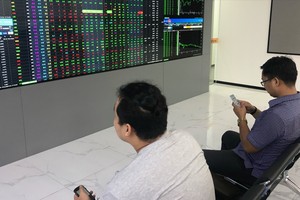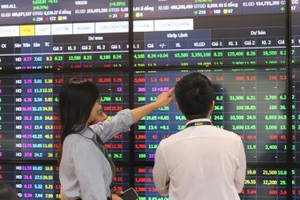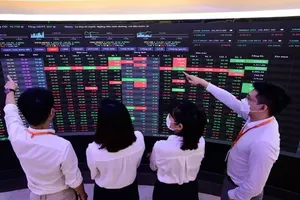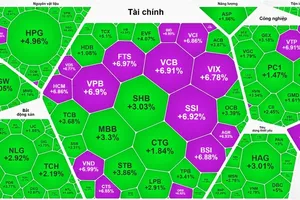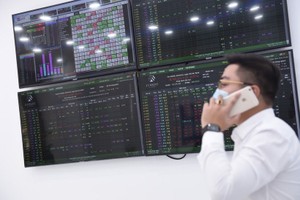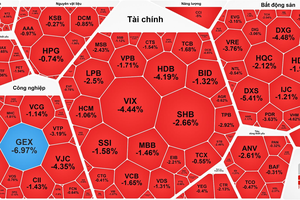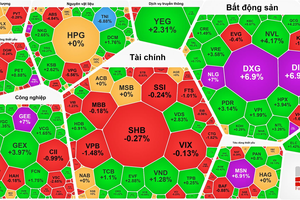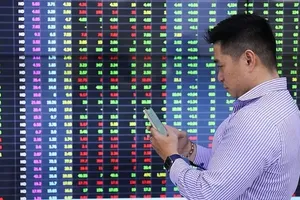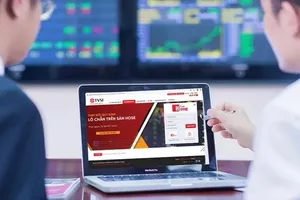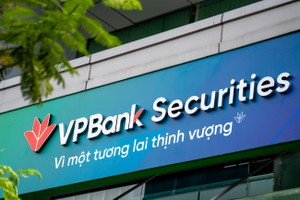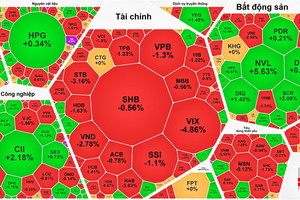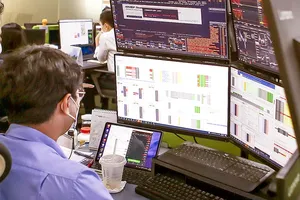
Tran Quy, President of the Vietnam Digital Economy Development Institute cum Chairman of the MetaDAP Digital Asset Platform clarified the situation where there is yet no formal applications sent to the Finance Ministry for the pilot program to offer crypto-asset services. He said that this is to be expected since Resolution No. 05/2025/NQ-CP has erected not just one, but a “trio of barriers” that are nearly insurmountable for most technology firms operating today.
The first is the minimum charter capital requirement of VND10 trillion (roughly US$400 million). That’s a staggering figure, on par with the capitalization of a mid-sized commercial bank or a top-tier securities firm, and it’s completely out of reach for tech startups, even those with a successful international track record.
When compared to global standards, like the EU’s MiCA regulations which require just €50,000 to €150,000, or Singapore’s ones which start at S$100,000, Vietnam’s requirement is exponentially higher. It shows an absolute prioritization of systemic safety; but in doing so, it unintentionally stifles both competition and innovation.
The second hurdle, which is tied directly to capital, is the mandated shareholder structure. The resolution requires a minimum of 65 percent of the charter capital to be held by institutional investors, with over 35 percent coming from at least two major financial institutions, like banks or securities firms.
This not only restricts the capital pool but effectively reserves the playing field for traditional financial giants. A tech startup, no matter how brilliant its product is, would find it incredibly difficult to persuade two different banks to simultaneously invest in a sector as novel and risky as crypto-assets.
The third, and perhaps most subtle, challenge is operational capacity and human resources. Resolution 05 demands a technology system that meets level 4 security standards, an exceptionally high bar, along with a dedicated team of experts in anti-money laundering (AML/CFT) and risk management.
These specialists are incredibly scarce and command high salaries, creating a bottleneck that companies can’t easily solve overnight, even if they have the capital. So, it isn’t a lack of interest from businesses; it’s that the conditions are so far beyond their reach, making this “race” become one that only a few of the most powerful financial-technology alliances can even consider entering.
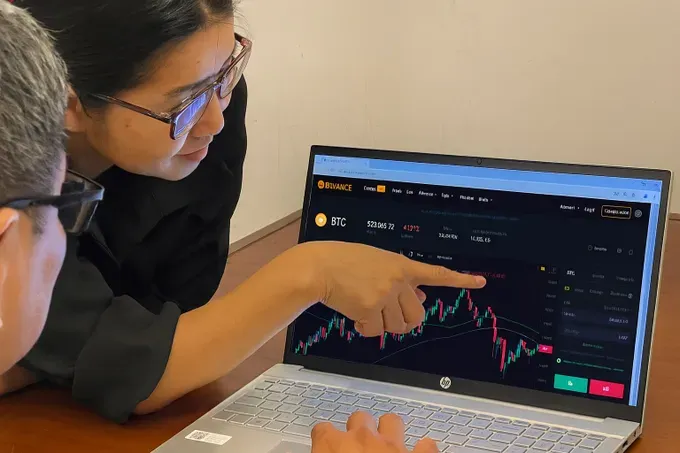
Mr. Tran Quy then voiced his prediction of whether the first licensed exchange can be introduced by 2026 or not. He believes it’s a feasible, yet immensely challenging, scenario. The issuance of Resolution 05 was a decisive move to fulfill Vietnam’s commitment to the Financial Action Task Force (FATF) and get the country off the “grey list.”
This provides a powerful incentive for regulators to expedite the licensing process. Furthermore, there is genuine interest from major banks and securities firms who see a golden opportunity to get in on the ground floor of a high-potential market.
However, the above barriers are formidable. The journey for any single company or alliance to raise VND10 trillion, satisfy the complex shareholder requirements, build a level 4-compliant tech stack, and recruit a full team of specialists is a long one.
It would require at least 12 to 18 months of meticulous preparation. On top of that, the Ministry of Finance’s review process, in coordination with the Ministry of Public Security and the State Bank, will undoubtedly be rigorous and time-consuming.
It's possible that one or two entities could be licensed by late this year or in early 2026, but they couldn’t be tech startups. It will almost certainly be an alliance between one or two major commercial banks, a leading securities firm, and a powerful tech conglomerate. This is a sprint to the finish line, and only the players with the deepest pockets and the most robust networks will make it in time.
The recent arrest of Nguyen Hoa Binh, also known as ‘Shark’ Binh, for fraud has sent shockwaves through the community. This has become a kind of wake-up call for digital asset investors in Vietnam as well as an adverse impact on investor confidence.
On the one hand, it has undeniably cast a long shadow of suspicion over “Made in Vietnam” digital asset projects. When a high-profile entrepreneur like Shark Binh is prosecuted for crypto-related fraud, many retail investors are going to become understandably wary.
On the other hand, there’s a more strategic, positive side to this. The Antex case is arguably the most valuable, albeit costly, wake-up call imaginable about the dangers of an unregulated market. It has laid bare all the risks investors face with grassroots projects, namely a total lack of transparency, no oversight mechanisms, and zero legal recourse in cases of fraud or disputes. In the long run, this incident will actually make officially licensed exchanges a far more attractive proposition.
In the wake of this affair, the emergence of domestic exchanges licensed by the Ministry of Finance will be a beacon of safety and appeal. These platforms will offer precisely what the Antex case lacked: the full backing of the law. They will operate under the strict supervision of state agencies, guaranteeing the legitimate rights of investors are protected.
Then there’s the matter of transparency and compliance. Licensed exchanges will be mandated to adhere to stringent AML and KYC (Know Your Customer) regulations, segregate client assets, and submit regular reports. Critically, they will also provide a formal dispute resolution mechanism, becoming a clear address for complaints and compensation claims, so investors aren’t left “crying to an unhearing heaven” as they are with unregulated projects.
The Shark Binh case will ultimately help strengthen the market. It’s going to push serious investors, those who prioritize safety and sustainability, out of the high-risk “playgrounds” and toward legitimate, officially sanctioned exchanges. When licensed domestic platforms finally arrive, they won’t just be an attractive option; they’ll become the essential choice for anyone looking to invest safely and legally in Vietnam.
